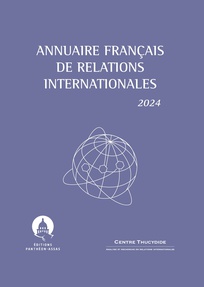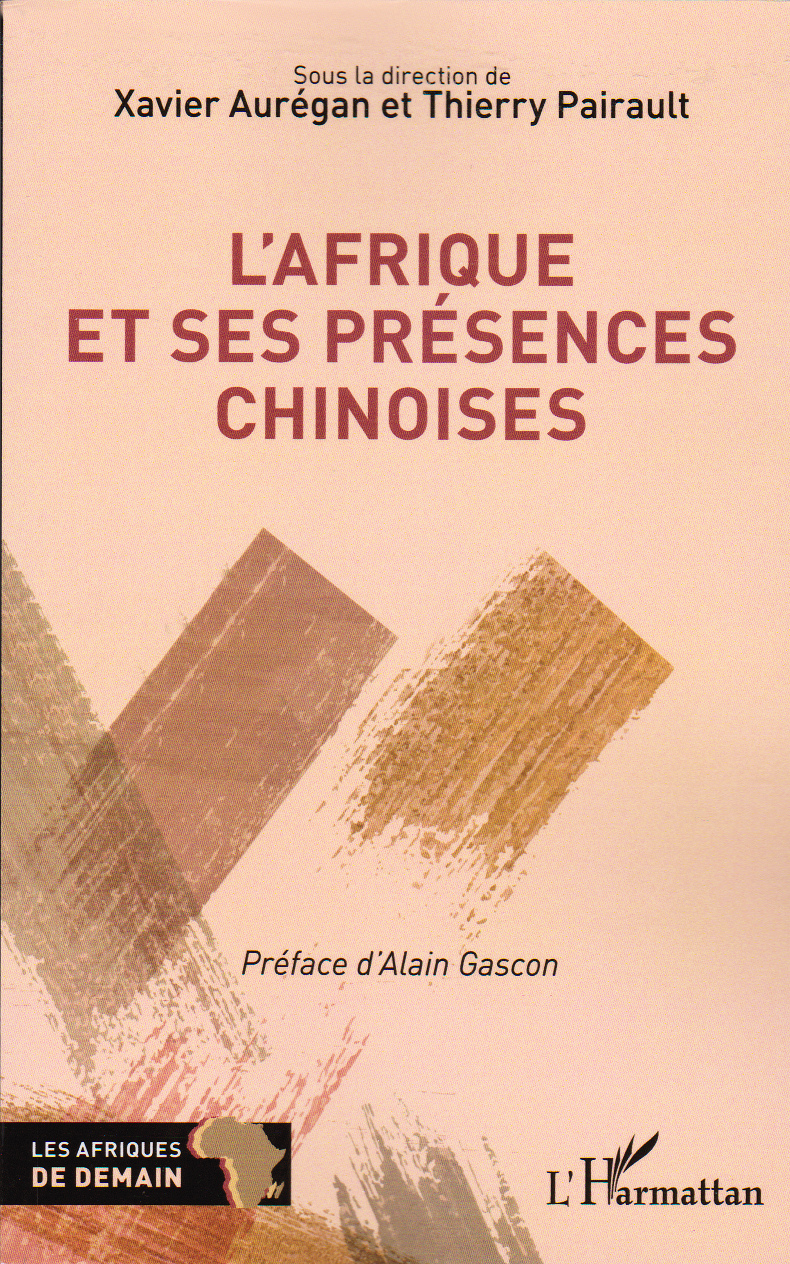Booming Sino-Maghreb Economic Relations: Incentives for a New European Partnership
Thierry Pairault
in Mulugeta Gebrehiwot Berhe and Liu Hongwu (ed.), China-Africa Relations: Governance, Peace and Security, Addis-Ababa: Institute for Peace and Security Studies (Addis Ababa University) and Institute of African Studies (Zhejiang Normal University), 2013, p. 96-114.
Attention, ce texte a été amputé de son introduction que voici :
The relationships between China and African countries are becoming better known, even if information about sub-Saharan Africa is more available than that about the Maghreb. However, the organisation of strikes by Algerians workers employed by Chinese firms, or the repatriation amid popular revolt in 2011 of more than 30,000 Chinese workers from building sites in Libya, have been widely reported. On the other hand, little is said about the role that China could play in the economy of the Maghreb countries or about the impact that the diversity of these countries could have on the Maghreb economic relations with China. Even less is said about whether the Chinese presence in the Maghreb might foster the emergence of a new and more balanced partnership between European and Maghreb countries, and might promote a new governance for European co-operation. To address this issue I will utilise statistics published by international institutions, like the United Nations Conference on Trade and Development (UNCTAD ) and the Statistical Office of the European Communities (Eurostat), and Chinese statistical services. My main focus will be threefold: the provision of direct investment to the Maghreb countries; the export of goods from these countries; and the import of Chinese goods into the Maghreb. Finally, I shall examine whether China is competing with European Union countries for Maghreb markets and, if so, to what extent this competition might promote new and more balanced partnerships












